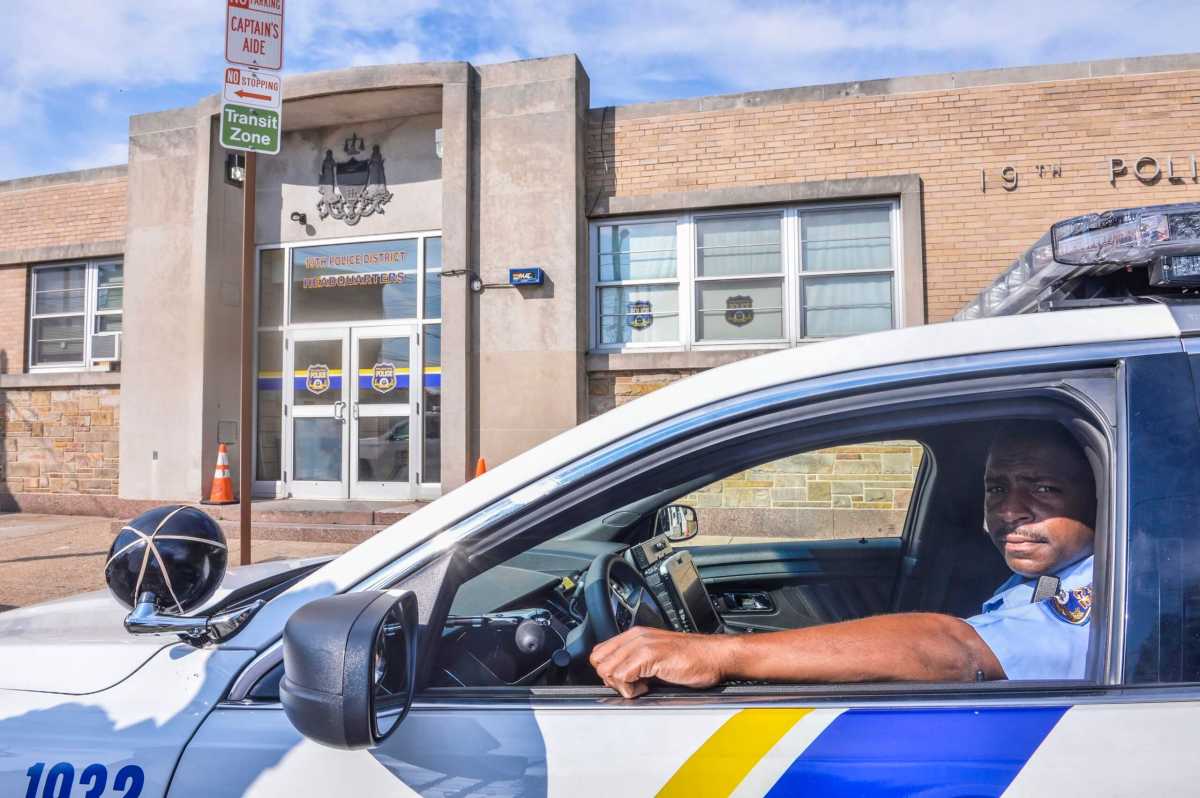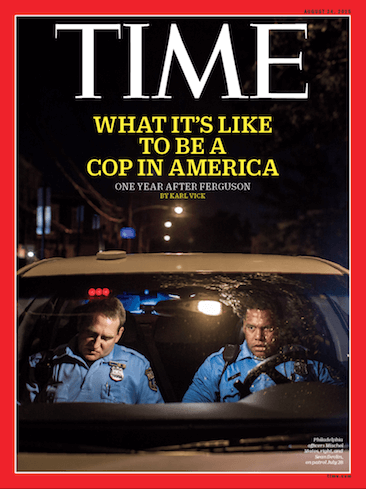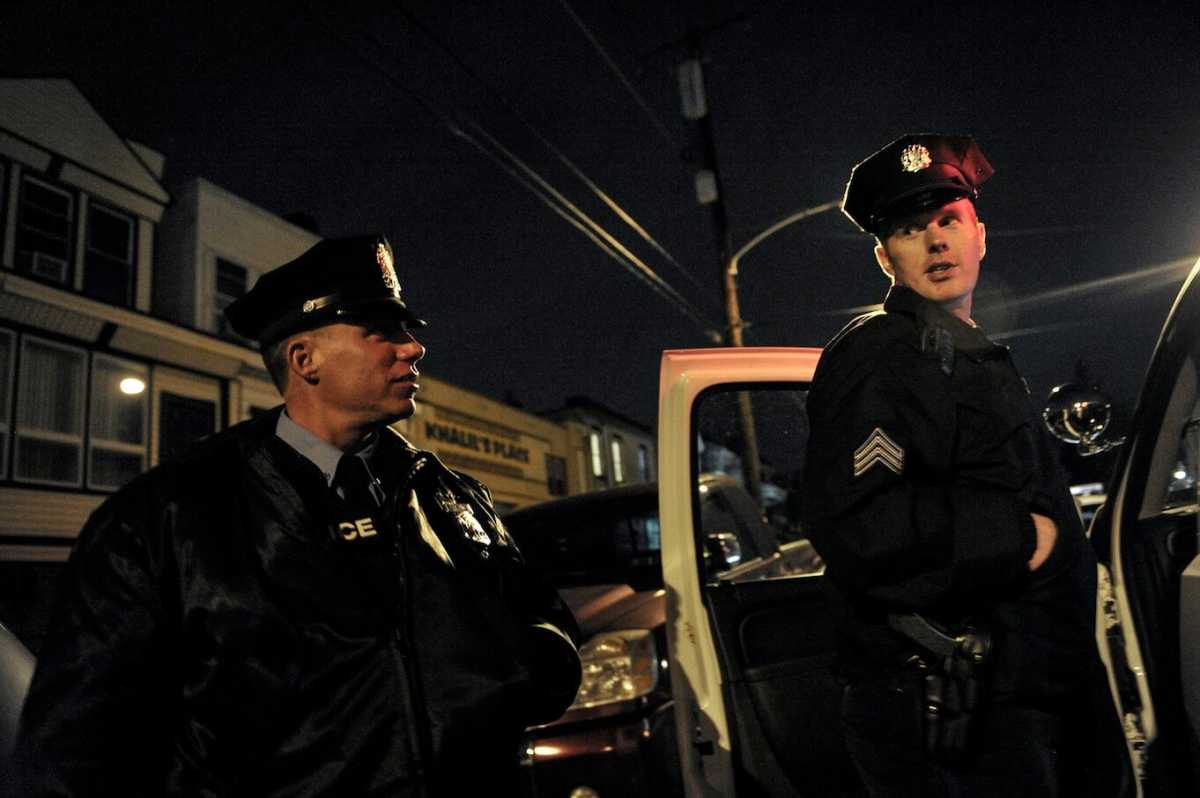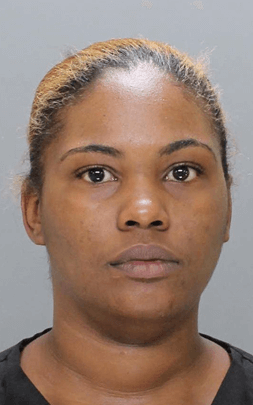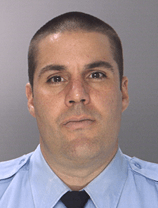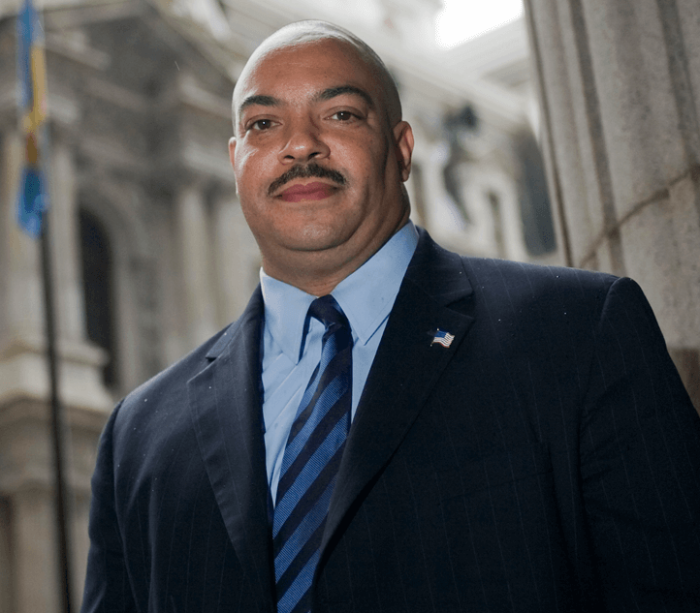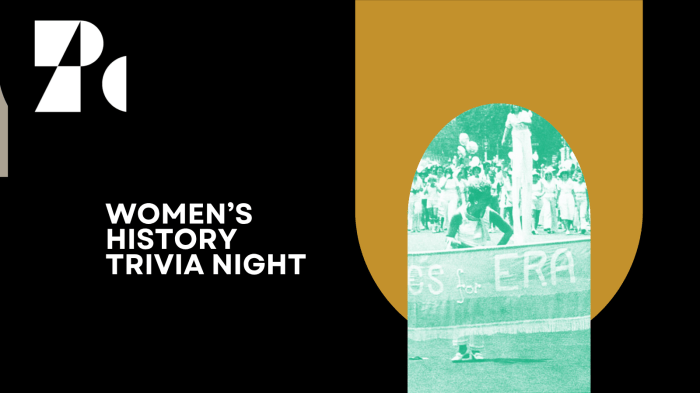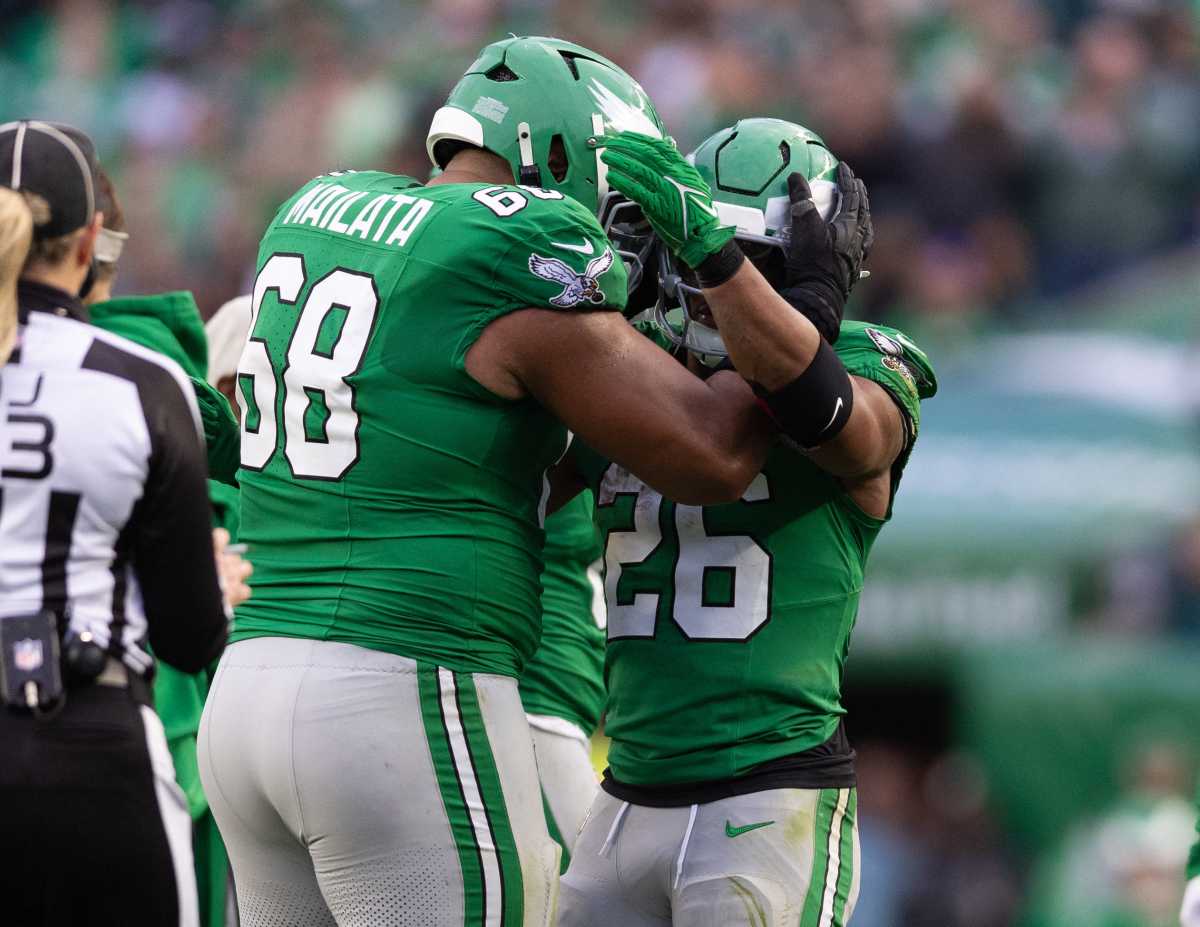Two police officers from West Philly became a national face of police work when they were picked for the cover of the latest issue of Time Magazine.
That’s a good thing to 19th District Capt. Joseph Bologna, who said the coverage was an “honor.”
“This was a great opportunity for some folks to come in independently and give them the recognition they deserve,” Bologna said.
Bologna said writer Karl Vick and photographer Natalie Keyssar vested up with officers and spent 16 to 17-hour days following their routine during several weeks in July.
The article, “What it’s like to be a cop in America,” was timed to coincide with the one-year anniversary of Ferguson, and focuses on working as a police officer in the era when members of the public are frequently videotaping officers for signs of misconduct. But that doesn’t bother Bologna or the officers interviewed in the article. “With the power that the community gives us,we are held to a higher standard and we just have to deal with it. That’s our job and we accept that,” Bologna said.
In the 19th District, Bologna said his roughly 200officers’ most valuable assignments are often foot beats where they getto know residents and developrelationships of trust with them.
“It gives my officers a chance toengage with folks without a crisis, without them calling us,” he said. “That’s positive contact. You might not see it in a spreadsheet about crime, butthat’s worth its weight in gold.” Temple University criminal justice professor Joseph Alkus said efforts by the Philadelphia Police Department to improve performance, specifically through a Department of Justice (DOJ) review requested by Commissioner Charles Ramsey, make it a good choice for a national perspective on policing. “Unlike other places like Ferguson, that review was asked for by Commisioner Ramsey. That is a sign of leadership,” Alkus said, citing DOJ recommendations like increasing training in non-lethal force as areas where police performance may improve. Another Temple criminal justice professor, Tara Tripp, said the article highlighted the strengths of the Philadelphia Police Department.
” I love that Time magazine published this article, love it even more because it focuses on the Philly PD. I’m proud of the fact that even with all the identifiable flaws, the majority of the police force is out there trying to make a difference in some extremely challenging times and locations,” Tripp said via email. But activist Asa Khalif of Racial Unity USA and the Coalition for REAL Justice said the department has problems it needs to face. “We can’t just say look at Time Magazine and say ‘We’re good.’ We’re not good at all, and we won’t be good until police start treating black and brown and poor people fairly,” Khalif said. “Idon’t want to tear down any type of outreach but let’s not forget,behind the scenes, there are serious issues with police officers in Philadelphia.” Bologna said police are trying to improvewhile doing their jobs.
“Good comes out of crisis if we learned something from it. … let’s dissect it and talk about ‘How can we get better?'” he said.
“My guys and girls, they’re taking action. It’s in them. No matter what the climate is around the country, they’re gonna answer the call.”
Philly cops get national attention in mag cover
“I think our society has a very skewed view of what our men and women in blue go through everyday. The media doesn’t help in encouraging positive views much either because unfortunately issues involving race, class and gender are often translated into ratings boosters, and not based on factual evidence.”



